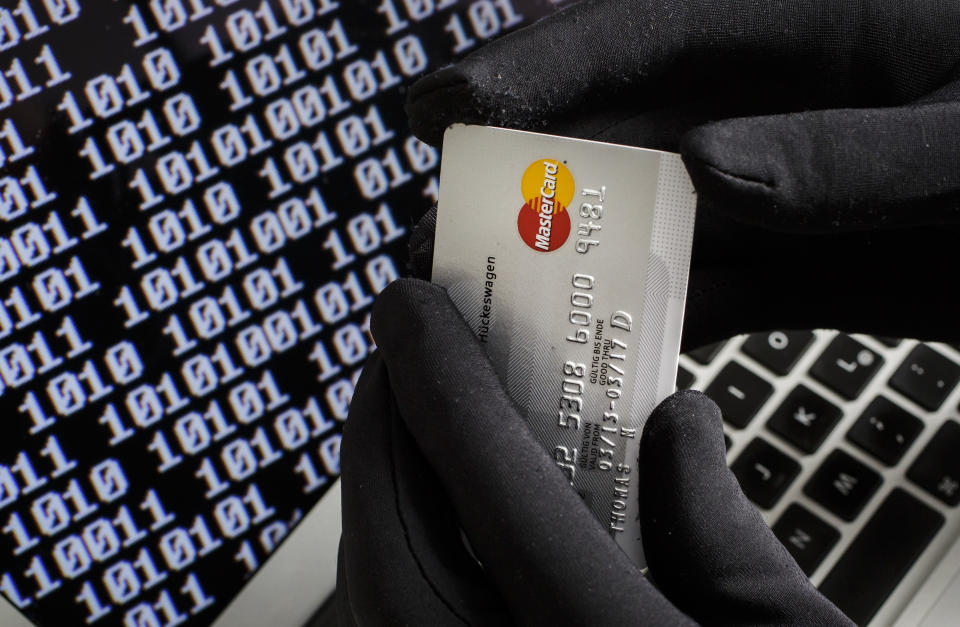Stolen credit card info on the dark web tripled in 6 months
The amount of stolen credit card numbers on the dark web in the last six months of 2019 tripled compared to the first six months, a sign that credit card frauds and hacks are getting worse.
A new report from cybersecurity firm Sixgill, which monitors dark web marketplace activity, found that 76,230,127 compromised cards were offered for sale in the markets. This is up 200% from the 23 million in the first half of the year.
“The number of stolen cards available on the underground appear to be increasing and on an upward trajectory,” the report said.
Payment card info is one of the most widespread items for sale on the online black market these days, especially given the global explosion in popularity.
Around 65% of the cards for sale on the black market came from the U.S., which is no surprise given the credit card-centric culture and large population. But what might be unexpected is the “exceptionally underrepresented” cards from Russia — which is a surprise because of “Russian speakers’ prominent role in the underground community,” Sixgill wrote.

Sixgill has a potential theory as to why. “One possible explanation is that Russian threat actors are oftentimes allowed to operate with impunity, as long as their activities align with the government’s interests or if they do not target Russians,” the report said. “Many Russian threat actors will oftentimes specify when selling hacking products and tools that they are not to be used in Russia or CIS countries, instead focusing on other targets.”
The preference for online scammers is to buy cards that also have the security code numbers (CVV/CVV2) because they can be used online, which is less risky than cloning a card and taking it to the store where cameras and security could potentially pose a risk.
The market isn’t just growing in the numbers of listings, which a Sixgill security expert told Yahoo Finance was like Amazon or Alibaba. It’s also growing in terms of how people sell. Newer messenging platforms like Telegram, Discord, and QQ also become channels for the sale of these types of dark web data.
Ethan Wolff-Mann is a writer at Yahoo Finance focusing on consumer issues, personal finance, retail, airlines, and more. Follow him on Twitter @ewolffmann.
The first thing to do after you're involved in a hack, according to experts
Companies are secretly scoring you, but good luck getting your data
'Snake oil salesmen': Two neurologists respond to the CBD craze
Large-scale credit card hackers back for the holiday season, ex-FBI investigator says
Read the latest financial and business news from Yahoo Finance
Follow Yahoo Finance on Twitter, Facebook, Instagram, Flipboard, LinkedIn, YouTube, and reddit.

 Yahoo News
Yahoo News 